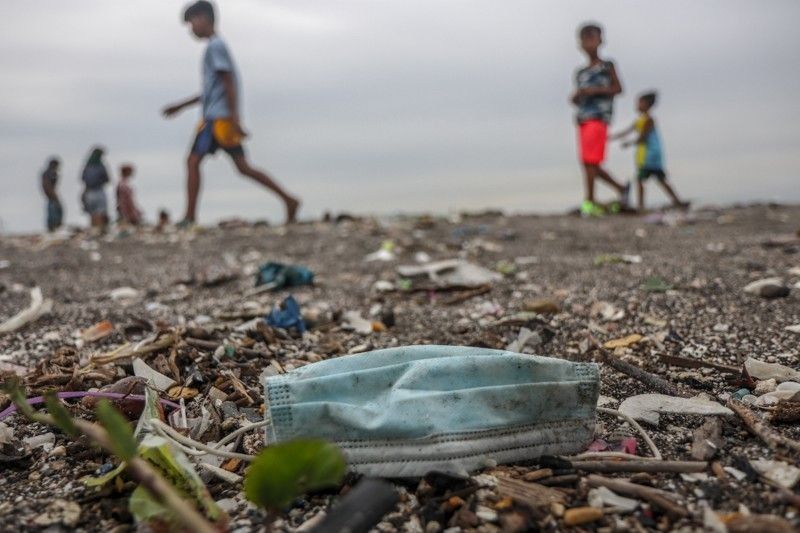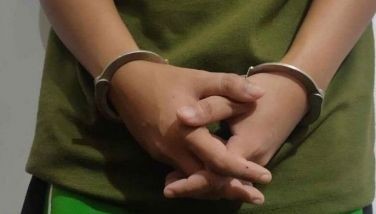On disposal of infectious wastes: Shut down awaits protocol violators

CEBU, Philippines — Healthcare facilities and testing laboratories that fail to properly dispose of infectious medical waste could face sanctions and lose their license, the Department of Health warned yesterday.
The DOH issued the warning after used rapid test kits were seen scattered along M. Dela Fuente St. in Sampaloc, Manila Tuesday night. CCTV footage provided by the city government of Manila showed the test kits fell from a punctured garbage bag attached to a pedicab.
In a briefing Wednesday, Health Undersecretary Maria Rosario Vergeire called on local government units and medical facilities to follow protocols on the proper handling of infectious healthcare waste as it could have serious impacts on human health and the environment if not managed properly.
She said failure to comply with the proper disposal of medical waste may lead to suspension and even revocation of a medical facility’s license.
“May I remind all our healthcare facilities it is part of your licensing. We have requirement on proper disposal of healthcare waste. If you are found that you are not disposing your healthcare waste properly, there’ll be accorded sanctions for this,” Vergeire said.
Manila City Mayor Isko Moreno said the city government and the police have begun investigating who was responsible for the improper disposal of used rapid test kits.
“We can locate maybe the clinic, maybe a private office, maybe a hospital, or maybe a laboratory. [The Manila Police District said] they are looking already at sinisiyasat na ‘yung nangyari,” he said in a release.
Moreno also warned all clinics, laboratories, businesses and corporations in the city that failure to properly dispose of infectious waste would face closure orders. He added that charges for improper waste management will be filed against them.
Management of healthcare waste
As coronavirus cases continue to increase, medical facilities across the country are also seeing a surge in the volume of infectious waste they produce, which could pose a problem for treatment facilities and landfills
Data obtained by Philstar.com from the Department of Environment and Natural Resources showed that the country has so far generated 19,187.7 metric tons of infectious healthcare waste from April to July 20. The figure, which refers to the waste service providers intend to transport and treat, was based on the special permit to transport submitted by treaters.
For the whole of 2019, healthcare facilities produced 88,878.7 metric tons of infectious waste.
According to the DOH’s guidelines on the management of waste during the COVID-19 crisis, all medical waste generated in the management and treatment of suspect, probable and confirmed COVID-19 patients should be considered infectious. These include among others used protective gear, gloves, swabs, test tubes and syringes.
Infectious waste is discarded in an appropriate waste receptacle. The waste bins must be properly sealed prior to their transport to the facility’s temporary facility. Some facilities disinfect their waste at source.
The DOH said infectious waste generated may be stored temporarily in designated locations, away from patients and public spaces before it is picked up for treatment.
Medical waste in the country is typically disinfected through steam sterilization, also called autoclave, which subjects the waste to intense heat and pressure to kill pathogens. Treated healthcare waste is then transported to a licensed sanitary landfill for final disposal in a cell dedicated for infectious waste. — Philstar.com (FREEMAN)
- Latest






















